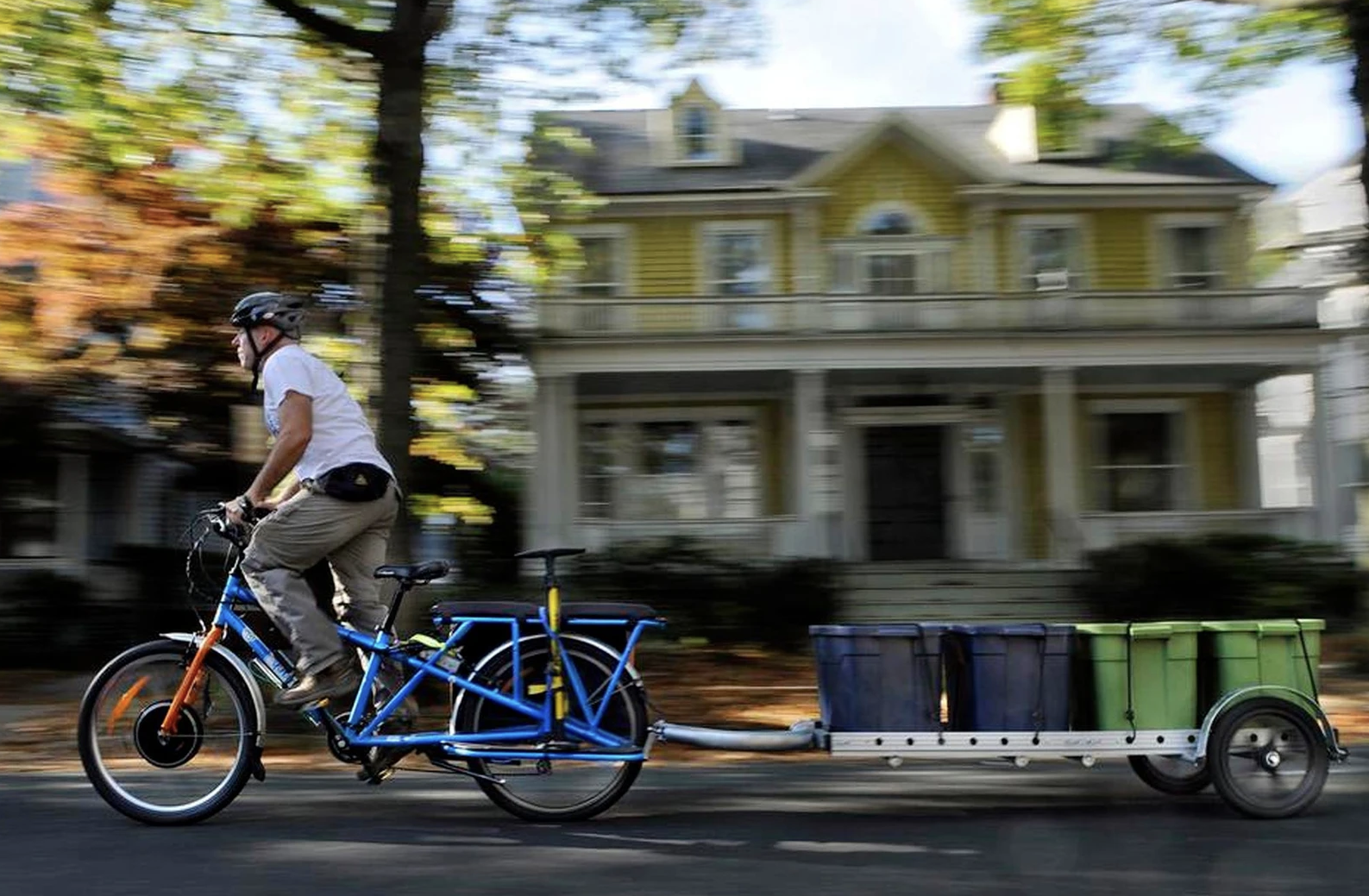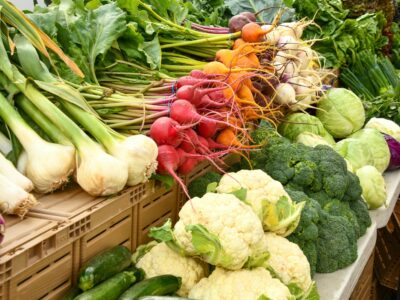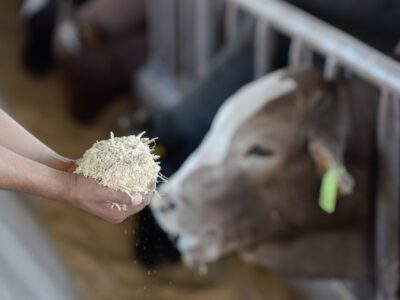“It’s part of the circular economy. Food waste should go back to the farmers; it should go back to where it came from originally,” Domingo Medina told “Yale News.” That philosophy led Medina to found Peels & Wheels Composting in 2014. The Connecticut-based nonprofit program picks up food scraps from schools, businesses, and households and delivers them to community farms and gardens.
Medina grew up in Venezuela and has a background in rainforest conservation in South America. When he moved to the U.S., he wanted to bring that experience of the southern hemisphere’s approach to his new hometown, New Haven.
Photo Courtesy PWComposting
“Conservation [there] is a social issue … it’s a balance,” Medina told “Yale News.” “It’s different from here in the U.S., where we take people out of nature.”
In New Haven, he began working with various environmental groups, including New Haven Farms. It’s an urban-farm-based company designed to teach people with diabetes about sustainable strategies to grow and prepare food to improve their health conditions.
Medina quickly noticed the organization was spending a lot of money bringing fertile soil to local farms and gardens. Peels & Wheels began as a response to that need, a way to help create a fully circular green economy in the community.
For Medina, food scraps are a resource, not a waste. He believes returning them to the Earth is one of the easiest and most-overlook strategies to maintain healthy soil.
“In today’s society, we try to have one solution for everything: governments try to centralize resources and attack them through one specific medium,” he said. “But it’s the many small initiatives that will make a greater change than one big one.”
“We live in a society where many people are takers,” Medina added. “We have to leave a positive impact on the environment … we have to become leavers.”
Photo Courtesy PWComposting
Everyone who signs up to be a part of Peels & Wheels receives a one-gallon bin. It is then filled with all the scraps from daily food consumption: everything from egg shells and tomato peels to apple cores and leftover salad.
Every week, Peels and Wheels picks up the bin using a bike with a trailer. The scraps are then taken back to the main Peels & Wheels facility, loaded up, and delivered to various farms and gardens connected to the nonprofit New Haven Farms. One bike rider can collect as much as 200 pounds of compost in a day’s work.
As of February of this year, nearly 500 customers have signed up to have their compost collected and redistributed, including Wilbur Cross High School, which uses the Peels & Wheels program to help teach students about sustainable food waste management.
Photo Courtesy PWComposting
Medina hopes that Peels & Wheels will help the New Haven community close the gap between food waste and agriculture and eventually reduce the amount of money the state spends to haul trash into landfills.
Medina believes the simple act of household composting can ignite a green revolution.
“Composting is a biological process, and you can do it right now, whether it be in your house, in your backyard, in your community garden, in a citywide service [like Peels & Wheels],” he told the “New Haven Independent.” “You don’t need to have big legislation. You don’t have to march on Washington. These are things you can do right now. And there are people doing it. And their lifestyles have changed.”





